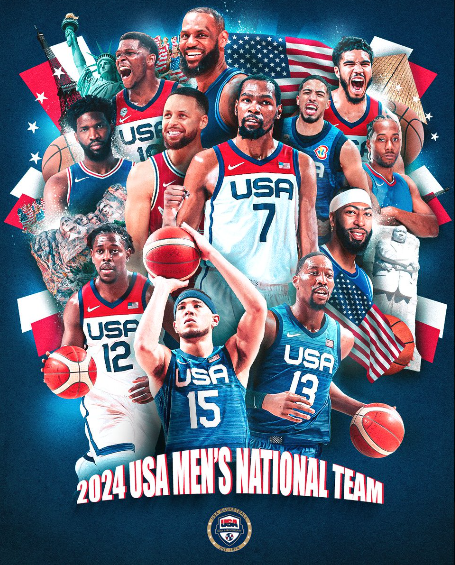Russia Banned From the Next Two Olympics
December 19, 2019
The World Anti-Doping Agency (WADA ) banned Russian athletes from competing on behalf of their country for the next four years in global competitions.
This ban was made as a result of more sanctions coming from the altering of data Russians are forced to give WADA due to the scheme from the 2014 Sochi Winter Olympic Games. During these Olympic games, Russia changed urine samples that athletes took, and then changed computer data in order to make them look innocent.
WADA said in a statement that Russian data was “intentionally altered prior to and while it was being forensically copied by WADA in January 2019.” This ban will continue for the next two Olympic games. This includes the 2020 Summer Olympics in Tokyo, and the 2022 Winter Olympics in Beijing.
The ban has many different layers to it. The first and most noticeable impact is the Russian flag and anthem not being seen or heard at international competitions. It also bands Russian government officials from going to these international events. Russia also cannot bid to host an Olympics or any international events. In addition, the Russian Anti-Doping Agency has to refund all investigative costs. This ban seems to go father than the athletes and going more after the government.
However, the athletes that are found clean will be able to compete at the Olympics, if they can prove they were not tested positive for a banned substance, have been tested routinely, and that were not involved with tampering the data.
Local hockey player from the Washington Capitals, and Russian citizen Alexander Ovechkin called the ban “sad news” and that it was “disappointing to hear.” Russia known for its powerful hockey teams of the past were looking at another chance at a gold medal fueled by players like Ovechkin.
Russian athletes now must try and climb out of the whole they did not create for themselves.












